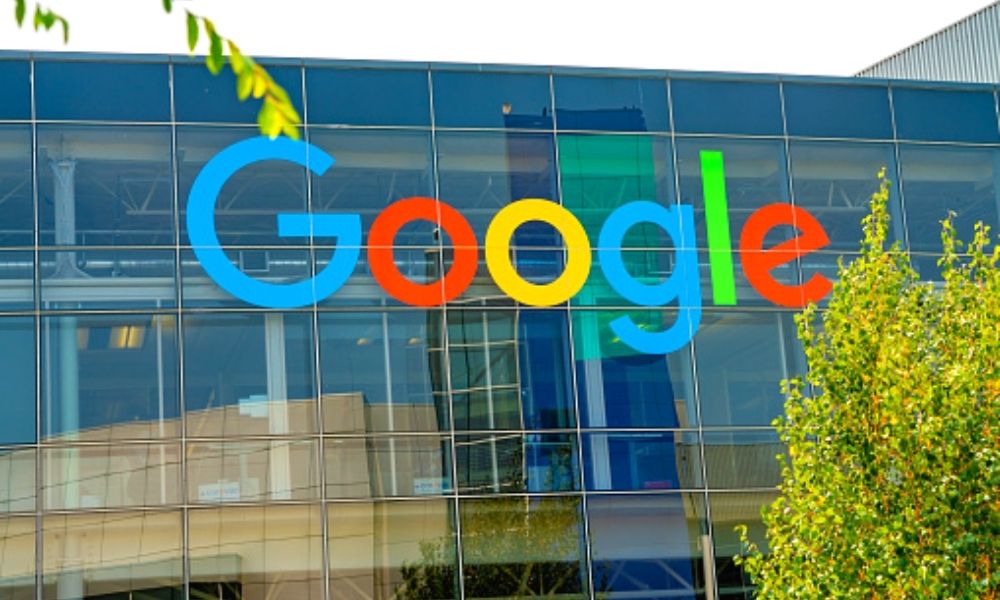LI Network
Published on: January 11, 2024 at 10:00 IST
Alphabet’s Google is gearing up for a significant legal battle as it heads to a federal jury trial in Boston on accusations of infringing upon a computer scientist’s patents with the processors it employs to drive artificial intelligence technology in its core products.
Founded by Massachusetts-based computer scientist Joseph Bates, Singular Computing contends that Google unlawfully replicated his technology to bolster AI functionalities in key services such as Google Search, Gmail, and Google Translate.
In a Court filing, Singular is seeking up to $7 billion in monetary damages, a sum that surpasses the largest-ever patent infringement award in U.S. history.
Google’s spokesperson, Jose Castaneda, dismissed Singular’s patents as “dubious” and asserted that Google independently developed its processors over several years. Castaneda expressed anticipation for the opportunity to present their case in court.
The trial, expected to span two to three weeks, revolves around Singular’s 2019 complaint, asserting that Bates shared his computer-processing innovations with Google between 2010 and 2014. Singular alleges that Google’s Tensor Processing Units, enhancing the tech giant’s AI capabilities, infringe upon Bates’ technology and violate two patents.
According to the lawsuit, Google’s circuits utilize an improved architecture discovered by Bates, enabling greater processing power and transforming the landscape of AI training and inference methods.
Google introduced its processing units in 2016, targeting applications such as speech recognition, content generation, and ad recommendation. Singular contends that versions 2 and 3 of these units, introduced in 2017 and 2018, violate its patent rights.
In response, Google argued in a December court filing that its processors operate differently than Singular’s patented technology, and the patents themselves are invalid. Google further stated that the company had rejected Bates’ idea, indicating that it was unsuitable for the applications they were developing.
Simultaneously, a U.S. appeals court in Washington is set to hear arguments on Tuesday regarding the potential invalidation of Singular’s patents in a separate case, which Google appealed from the U.S. Patent and Trademark Office.

